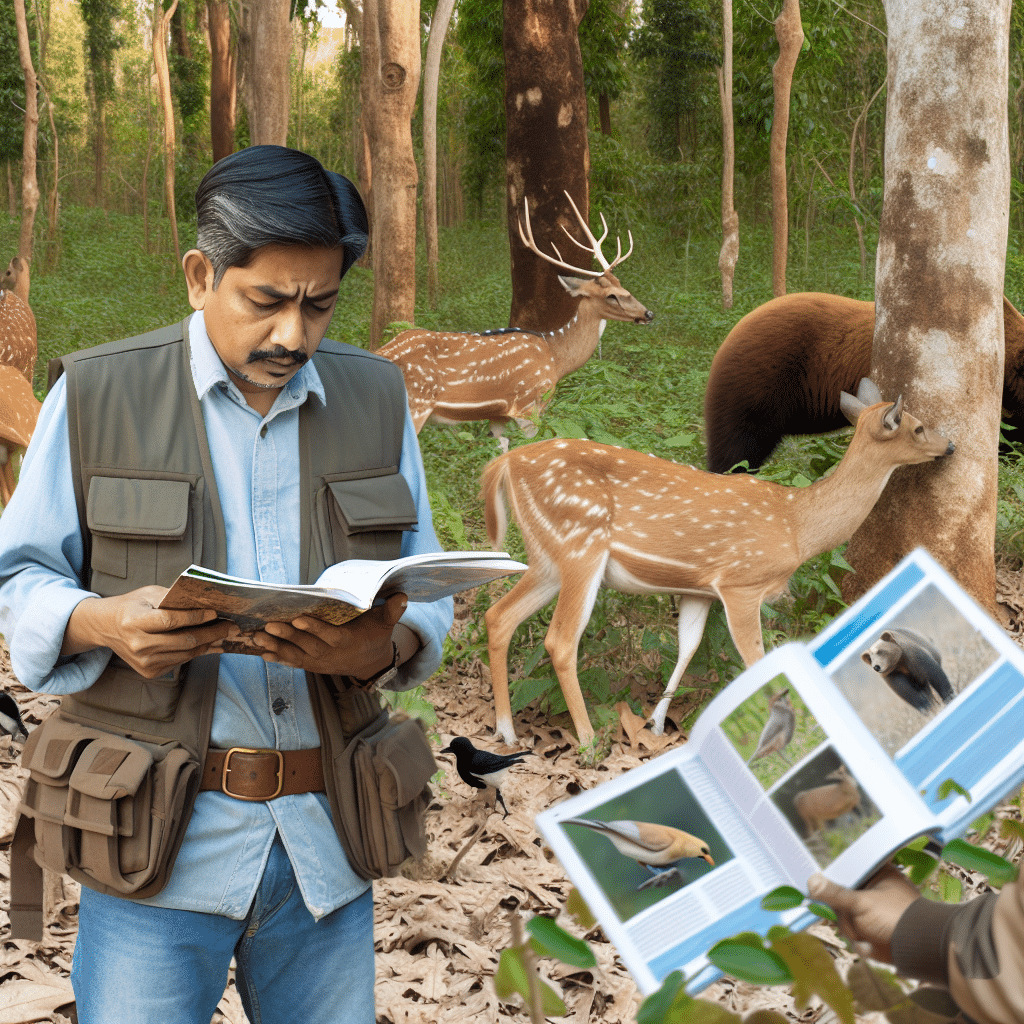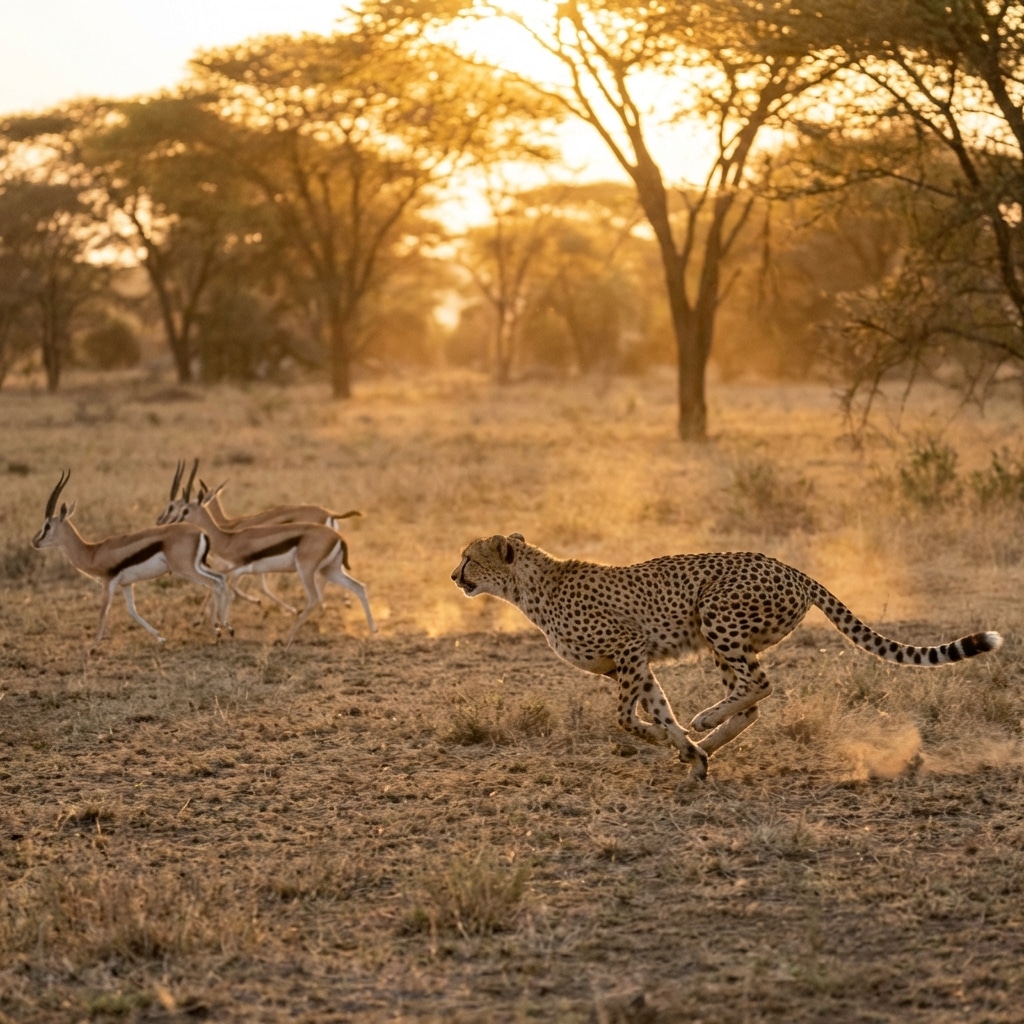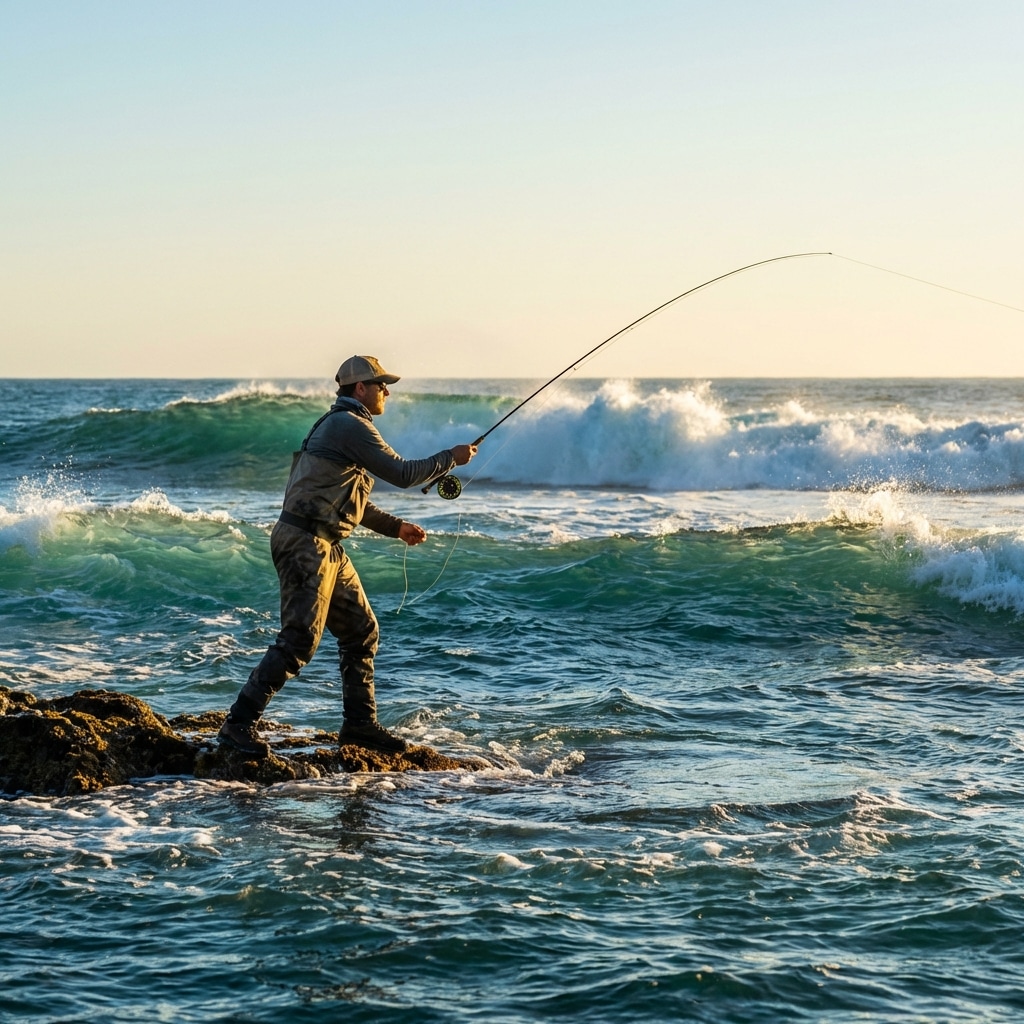Engaging in hunting requires a significant amount of skill, knowledge, and respect for nature. Whether you are a novice or an experienced hunter, one fundamental aspect you cannot overlook is understanding the key characteristics of the animal you’re hunting. This skill goes beyond just aiming and shooting; it encompasses ethical hunting practices, ensures safety, and enhances your overall hunting experience. But why must you learn to recognize key characteristics of the animal you’re hunting? Let’s delve deeper.
Understanding the Basics: What Are Key Characteristics?
Physical Traits
Every animal species has unique physical traits that differentiate it from others. Recognizing attributes such as size, color, body structure, and markings is essential. For example, distinguishing between a mule deer and a white-tailed deer can be crucial during a hunt. Misidentifying an animal can lead to ethical and legal issues.
Behavioral Patterns
Animals exhibit specific behavioral patterns based on their species. Recognizing these patterns, like feeding habits, mating rituals, and migratory routes, can provide invaluable information. Knowing when a bird species is likely to be nesting or understanding the nocturnal habits of a predator can significantly increase your chances of a successful hunt.
Why Is It So Important?
Ethical Hunting
Ethical hunting is more than a tradition; it is a responsibility every hunter must uphold. Recognizing key characteristics ensures you are targeting the correct species, avoiding the hunt of protected, endangered, or non-target animals. This upholds the integrity of wildlife populations and maintains ecological balance.
Safety First
Misidentifying animals can lead to dangerous situations. For example, mistaking a bear for a deer could have catastrophic consequences. Knowing the difference in tracks, scat, and calls can prevent you from unwittingly putting yourself or others at risk.
Legal Compliance
Hunting regulations are often strict and vary by region and species. Legal repercussions can follow if you accidentally hunt a non-permitted species. Understanding key characteristics ensures you abide by the law, avoiding hefty fines and preserving your right to hunt.
Enhancing Your Hunting Skills
Improved Success Rates
Recognizing the key characteristics of your target species improves your ability to locate and track animals. This insight increases your chances of a successful hunt. Understanding the gait of an elk or the distinct markings of a turkey can make the difference between coming home empty-handed or with a prized catch.
Developing Tracking Abilities
Tracking is an art form in hunting, requiring acute observation and knowledge. Learning to identify various indicators such as footprints, droppings, and bedding areas enables you to follow your target more effectively. This skill is particularly vital in challenging terrains where visibility might be limited.
Building a Connection with Nature
Understanding animal characteristics deepens your appreciation and respect for wildlife. This connection enriches your hunting experience, transforming it from a mere sport to a profound interaction with nature. The knowledge gained through studying animal traits also contributes to conservation efforts, promoting a symbiotic relationship between humans and wildlife.
How to Learn to Recognize Key Characteristics
Field Guides and Literature
Numerous field guides and books provide detailed descriptions and images of various species. These resources are valuable for learning at your own pace and can be referenced during hunts. Investing in a well-reviewed guide specific to your hunting area can be incredibly beneficial.
Observation and Practice
There’s no substitute for firsthand experience. Spend time observing animals in their natural habitats, noting their physical and behavioral traits. Joining a local hunting club or participating in guided hunts can provide mentorship and practical learning opportunities.
Educational Programs
Many wildlife agencies and conservation organizations offer workshops and courses on animal identification and hunting ethics. Taking advantage of these educational programs can enhance your knowledge and skills, ensuring you are well-prepared for the hunt.
Conclusion: When Knowledge Meets Practice
So, why must you learn to recognize key characteristics of the animal you’re hunting? The reasons are multifaceted, encompassing ethical practices, safety, legal compliance, and the enhancement of your hunting abilities. By investing time and effort into understanding your target species, you not only increase your chances of a successful hunt but also contribute positively to wildlife conservation and management.
Remember, hunting is not merely about the pursuit; it’s about knowledge, respect, and responsibility. Equip yourself with the right information, observe diligently, and practice ethically. Your hunting experience will be richer, safer, and infinitely more rewarding.




